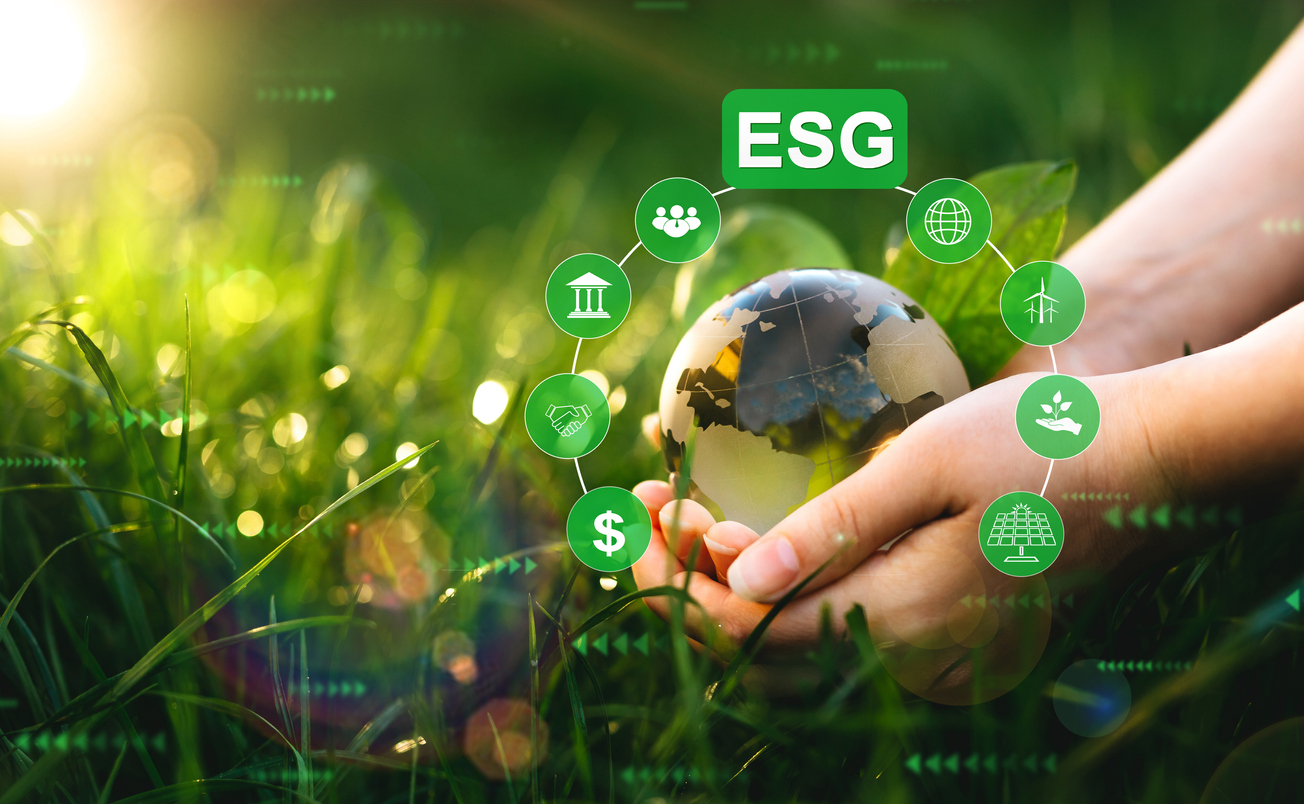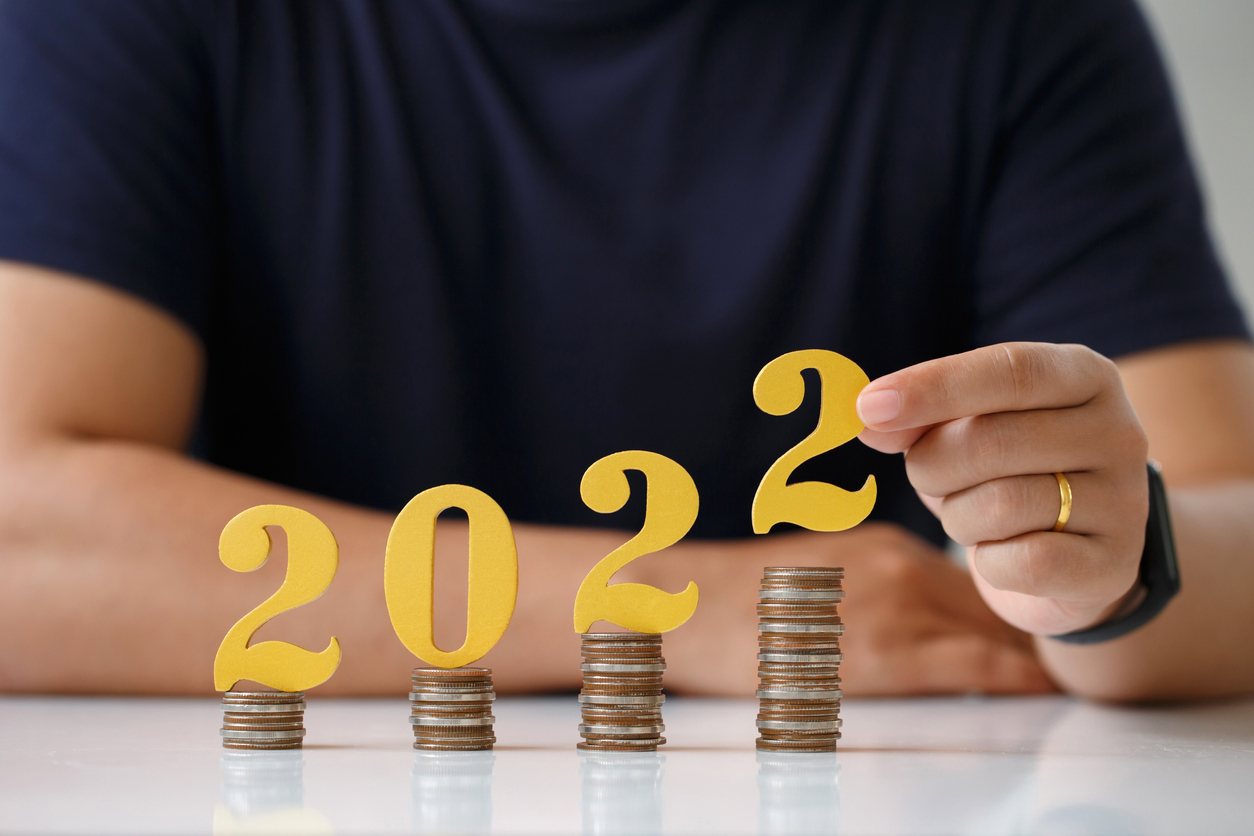
There is now a growing importance placed on Environmental, Social and Governance (ESG) factors and the risks that these can pose to both businesses and investors. From adapting to climate change to avoid pollution, promoting employee rights and health and safety to considering executive remuneration, ESG considerations can have a range of impacts on an organisation’s financial performance and it’s ability to deliver shareholder value.
More often than not, the environmental impact is the focus on investors’ minds, driving businesses to be more sustainable, with a focus on efficiency, use of renewables, and avoidance of waste. Governance is also a key consideration, in particular when it comes to investments in emerging markets, where corruption and political interference is more likely to occur.
However, recent global events have seen social factors take on ever greater importance. One outcome of the very sad events happening in Ukraine has been to see ESG factors take centre stage, with firms racing to distance themselves from doing business with Russian firms, and close down operations in Russia. From automotive firms such as Ford, to airlines, energy firms such as BP and Shell and food and beverage companies such as Heineken, businesses have generally taken swift action to sever ties with Russia, whether being forced into action as a result of sanctions imposed by the West on the Russian economy, or more often than not, as a matter of choice and ethical stance.
For some, the costs of the withdrawal from the Russian market will be limited. Take Disney for example, who have pulled new releases of its’ films from Russian cinemas. This is likely to have a minimal effect on profitability. For others, such as BP – who offloaded it’s 19.75% stake in Russian firm Rosneft in the wake of the invasion – the impact on profits is likely to be more profound and long lasting. Likewise Apple, who announced on the 1st March that they were withdrawing their products from sale in Russia. Whilst Russia is not Apple’s biggest market by any means, the company expects to lose $3m of sales of iPhones per day alone, equating to a cost of $1.14bn annually.
Many companies reached a swift conclusion that the social implications of continuing to provide goods and services to Russian consumers, or trade with Russian firms, would be damaging from a brand perspective, or lead to other companies whom they trade with to question whether the business relationship is right for them. Others have taken a stronger stance, and have been more outspoken, publicly shaming Russia for it’s actions, and aligning their values with a more activist stance.
Where firms have initially been reluctant to take decisions themselves, investor action and negative social media exposure (including #BoycottMcDonalds and #BoycottCocaCola trending on Twitter) have forced the Boards of McDonalds and Coca-Cola to announce their suspension of operations in Russia. Both companies have significant exposure to the Russian market – in the case of McDonalds, this accounts for 9% of it’s annual revenue – not an insignificant amount.
Rarely has investor and consumer activism been seen on such a scale and we wonder whether this marks new ground, where companies will be forced to be more focused on their ethical position and the need to take action quickly in the future to avoid reputational damage or indeed take a stronger moral stance in light of global events.
The outrage at the action taken by Russia, and steps taken to help Ukraine defend itself, have also prompted some to re-consider the definitions of what represents an ESG-friendly industry. Given the role companies have played in aiding Ukraine with weapons and counter-measures, could aerospace and defence companies conceivably be included under the ESG umbrella? Quite clearly, companies with activities in these areas have historically been off limits when ESG-focused portfolios are constructed. However, some ESG managers are now re-considering this broad-brush approach, and questioning whether those companies who help a country defend itself from aggression are, in fact, promoting a positive social impact.
It is clear that from an investment perspective, ESG factors have never been as prominent as they are today, with the response to the Russian invasion of Ukraine spreading the influence of ESG far beyond targeted investment strategies. The ESG metrics used to score investments and funds are however, arbitrary, and as can be seen from the debate over defence stocks, can be open to interpretation.
At FAS, we consider ESG factors when choosing funds we are happy to recommend to clients, and through our Socially Responsible Investment (SRI) portfolios, take this further by looking to recommend a portfolio where the majority of funds pass further qualitative filters. If you hold an existing portfolio of investments, and are unsure as to whether this meets your personal ethical preferences, then please contact one of our experienced Financial Planners who will be happy to review the portfolio for you.
If you are interested in discussing the above with one of our experienced financial planners, please get in touch here.
The value of investments and the income they produce can fall as well as rise. You may get back less than you invested. Past performance is not a reliable indicator of future performance. Investing in stocks and shares should be regarded as a long term investment and should fit in with your overall attitude to risk and your financial circumstances.





